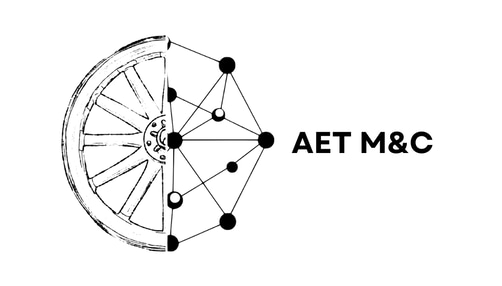Today's Challenges in Connectivity: Bridging the Gaps in a Digital World
This article explores the key challenges facing connectivity today, from the digital divide and cybersecurity threats to infrastructure limitations and ethical concerns surrounding AI. As our world becomes increasingly dependent on digital networks, addressing these issues is essential to ensuring secure, reliable, and inclusive connectivity. Through collaboration between governments, businesses, and communities, we can build a more connected and equitable future.
1 min read


Connectivity is the backbone of the modern world, enabling instant communication, global collaboration, and digital innovation. However, as technology advances, new challenges emerge that impact accessibility, security, and infrastructure. Addressing these issues is crucial to ensuring that connectivity remains a driver of economic growth and social inclusion.
The Digital Divide: Unequal Access to Connectivity
Despite widespread technological advancements, millions of people worldwide still lack reliable internet access. Rural areas, developing nations, and underserved communities often face high costs and limited infrastructure, preventing them from fully participating in the digital economy. Expanding broadband coverage, investing in 5G technology, and promoting affordable connectivity solutions are key to closing this gap.
Cybersecurity and Data Privacy Concerns
As connectivity grows, so do cybersecurity threats. Cyberattacks, data breaches, and privacy concerns challenge individuals, businesses, and governments. With the rise of IoT devices and cloud computing, securing networks against hackers and ensuring responsible data management have become top priorities. Strengthening regulations, investing in cybersecurity infrastructure, and promoting digital literacy are essential to mitigating these risks.
Infrastructure Limitations and Network Reliability
The increasing demand for high-speed internet and seamless connectivity puts pressure on existing infrastructure. Many networks struggle with congestion, outages, and insufficient bandwidth, especially in densely populated areas or during peak usage times. Upgrading fiber-optic networks, expanding satellite internet options, and enhancing 5G deployment are necessary to improve network reliability and performance.
The Rise of AI and Ethical Considerations
Artificial intelligence and automation are reshaping digital connectivity, from personalized content recommendations to smart traffic management. However, these advancements also raise concerns about data bias, algorithmic transparency, and ethical AI usage. Ensuring responsible AI development and creating regulations to prevent misuse are critical to maintaining trust in digital connectivity.
Regulatory and Policy Challenges
Governments and regulatory bodies face the challenge of balancing innovation with consumer protection. Issues like net neutrality, data sovereignty, and fair competition among telecom providers require ongoing policy adaptations. Ensuring that regulations support both industry growth and consumer rights is key to a fair and open digital ecosystem.


